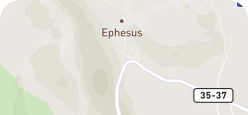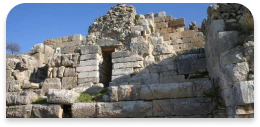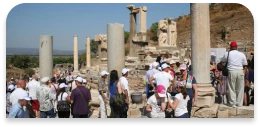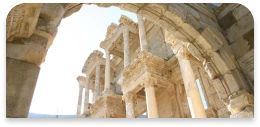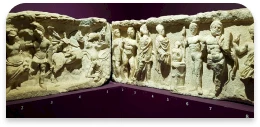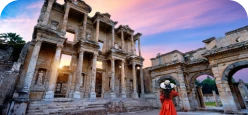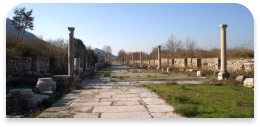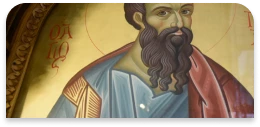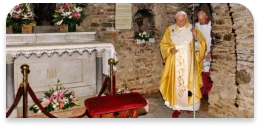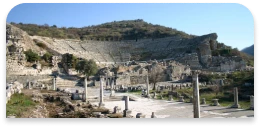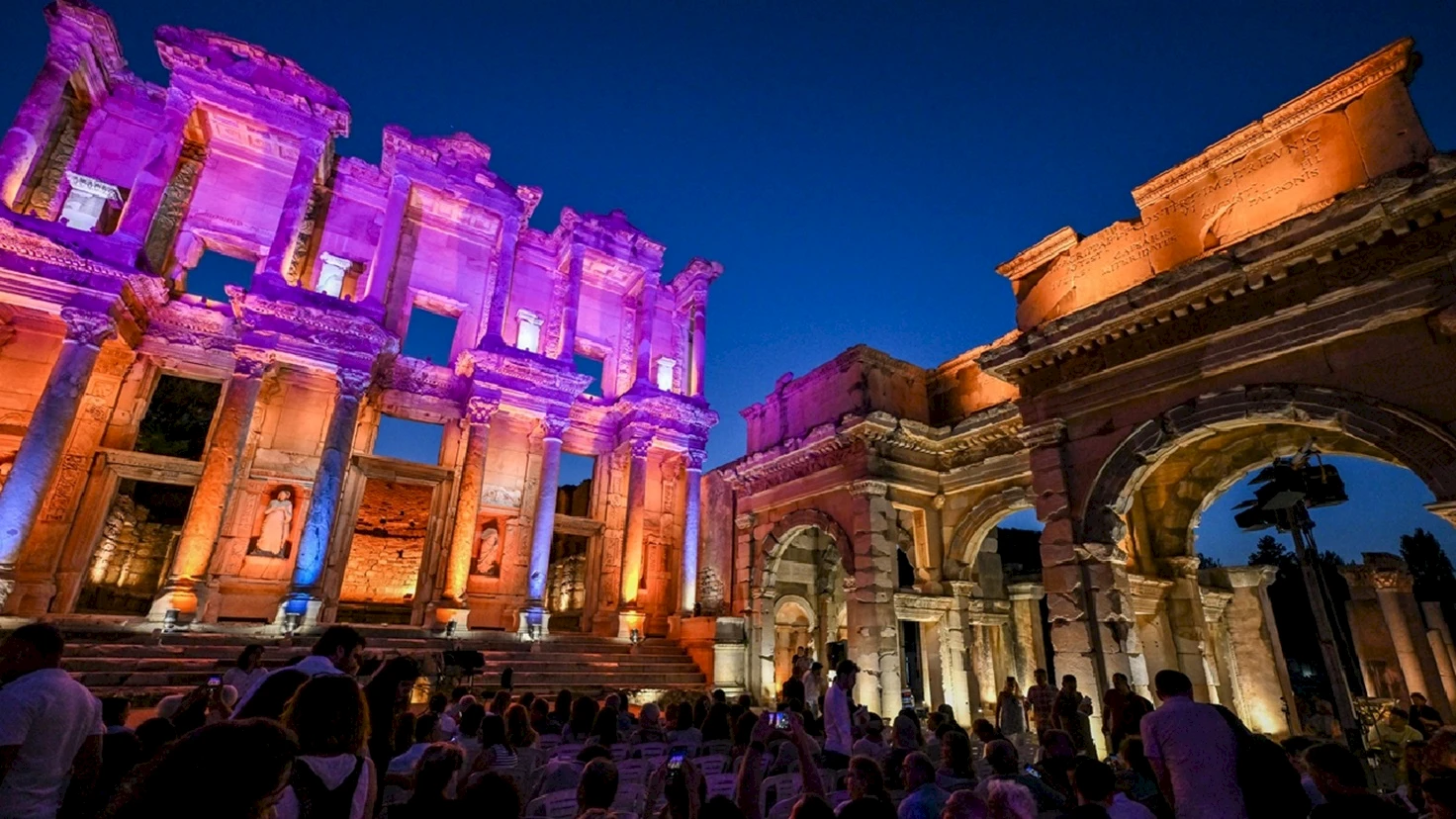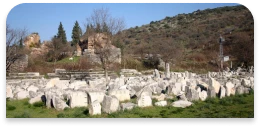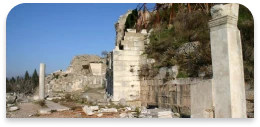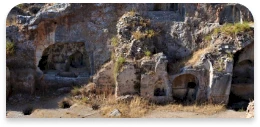History of Ephesus
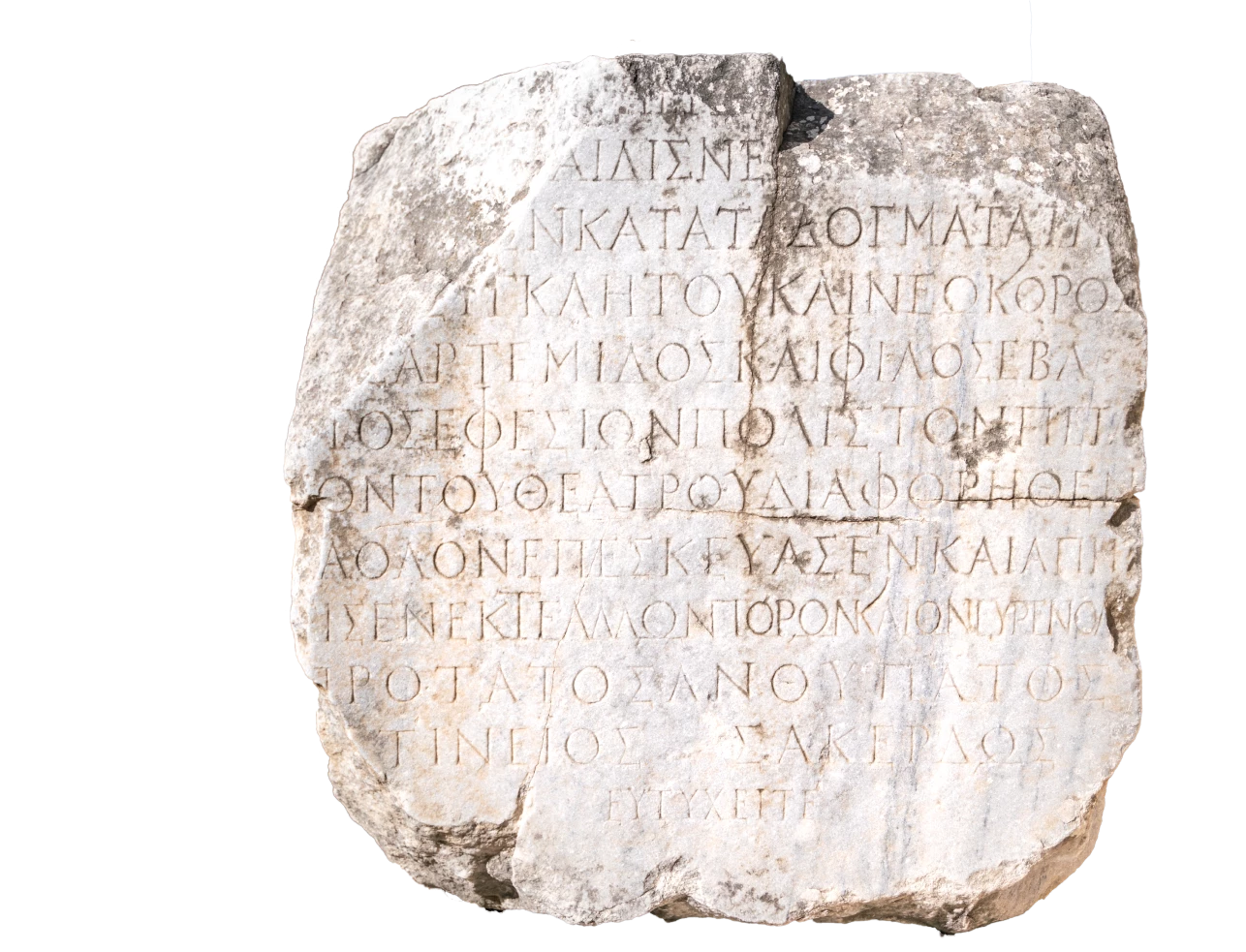
The history of modern-day Turkey is as old as human history. It is the land where the Eastern and Western civilizations meet and mingle. In the east, bordering Georgia, Armenia, Iran, Iraq, and Syria, Turkey is stretching to Caucasia and Mesopotamia. In the West, it has land borders with the European countries of Bulgaria and Greece while the Western and southern portion of the Anatolian peninsula is surrounded by the Aegean Sea and the Mediterranean Sea. Therefore it has been a bridge and a gateway between Asia and Europe, not only in terms of geographical location but also in political-cultural aspects.
Due to its unique and special geographic location, Turkey has been invaded by many different civilizations throughout its long history. The peninsula of Anatolia which is occupied by modern Turkey is a unique piece of land that has been called ‘’the cradle of civilizations’’. No other country in the world has so many ancient and historical sites as Turkey. The Hittites, Lydians, Persians, Greeks, Romans, Byzantines, and Ottomans conquered, flourished, and left the ruins of their once-mighty empires at every corner of Turkey. Among these ruins are mighty religious structures such as pagan temples, synagogues, and churches. Monumental religious structures of various beliefs like Gobeklitepe, the oldest temple in the world, The Great Temple of Artemis and The Basilica of St John in Ephesus, and Hagia Sophia in Istanbul is the remainder of mankind’s religious journey throughout history.
Ephesus, one of the most important ancient cities of the world history, lies about 80 kms south of Izmir which is a modern western city of Turkey. Today, breath-taking Roman structures in Ephesus are attracting curious travellers from all over the world. From the day it was founded, Ephesus adorned the dreams of the kings and emperors who sought wealth and prestige.
Who founded Ephesus?
Ephesus city reveals its hidden historical stories as the archaelogical excavations carry on and evidence shows that Ephesus’ history dates long before to the Roman period. The city was first inhabited by the local Anatolian people known as Lelegians and Carians, then captured by Ionians tribes, led by Androclous the son of Athanean king Kodros, at around 1050 BC. Therefore, the founding of Ephesus is attributed to Androclus. Over time, Greek culture and local Anatolian culture mingled and influenced each other. This cultural synthesis contiued to be affected by other civilisations during the course of the history. After a 500 year of Ionian rule,the city was invaded by Lydian King Croesus in 560 BC. Lydian rule came to an end after Persian invasion in 546 BC. Then, Alexander the Great, defeating the Persians forces at the Battle of Granicus entered the city in 334 BC. Followingly, Ephesus passed to Alexander’s commander Lysimachus in 295 BC. The strategic geographic location was the reason why Ephesus was attracting so much attention. It was a major commercial center having an international trade port located by the Aegean Sea. The port of Ephesus allowed connection with the West via sea routes of Adriatic and with the East via Royal Road starting from the Persia. It was at the Western tip of Asia and the last point of the Royal Road. Eastern merchants used Port of Ephesus to export their goods to Western countries such as Greece and Italy. The same applies to Western merchants trading goods to the Eastern countries. Therefore, Ephesus played a crucial role in the expansion of the Christianity in its early years. St Paul launched many of his missionary journeys from Ephesus.
It was during the Roman rule that Ephesus reached at its glory. It is estimated that the population of to city would have exceeded 250.000 inhabitants which would make it the fourth largest city of its time after Rome, Alexandria and Antioch cities. This was the time of numerous buildings of Roman style and economic prosperity. In 29 BC, Ephesus became the capital city of Asia province of the Roman Empire instead of Pergamum. Shiny white marble streets and adjoining porticos and shops, two agoras, a massive open air theater, fascinating Library of Celsus, governmental buildings, huge bath complexes, houses of the elite (Terrace Houses)adorned with delicate mosaics and frescoes, marble statues, fountain remainings and many other historical Roman remainings are the silent witnesses of once shining star of Roman Ephesus.

